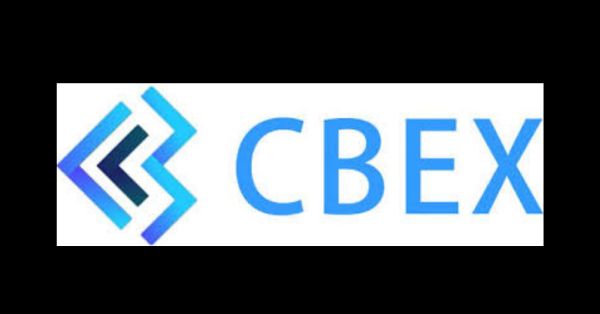“My Wife Pushed Me Into It!” – Investors Storm CBEX Lagos Office After the Platform Collapses

Lagos, Nigeria – Chaos erupted in Lagos on Wednesday as furious investors stormed the office of Crypto Bridge Exchange Smart-Treasures (CBEX), a cryptocurrency trading platform that collapsed after promising huge returns.
The platform, which claimed to use artificial intelligence (AI), had lured investors with a 100% return on investment in just 30 days. But last Friday, users discovered they could no longer access their accounts—sparking panic.
Angry Investors Break In
When Vanguard visited the CBEX office in Egbeda, enraged investors were seen breaking through the main gate to enter the deserted premises. No staff or security were present, leaving victims desperate for answers.
Police from the Rapid Response Squad (RRS) arrived to control the crowd, but it remains unclear if any arrests were made.
“We Are on Ground Zero” – Victims Speak
Many investors said they lost life savings, loans, and cooperative funds.
Victor Ozime, who lost over $7,000 (N11 million), said: “How do we pay school fees and rent? I feel like ending it all.”
Another victim, Segun, invested $1,700 from a cooperative loan after his wife encouraged him. “They promised 100% returns. Early investors made millions—some even built houses. Now, we’re ruined,” he said.
Tragic Fallout
The collapse has had deadly consequences:
- A pensioner reportedly died after learning he lost everything.
- A medical doctor is in critical condition from shock.
- A woman allegedly committed suicide after borrowing money for her husband’s investment.
SEC Warns Against Unregistered Platforms
The Securities and Exchange Commission (SEC) reminded Nigerians that unregistered investment schemes are illegal. They warned the public to avoid unlicensed platforms promising unrealistic profits.
Read: Hope for Stranded Investors as INTERPOL Joins EFCC in N1.3tn CBEX Fraud Probe





